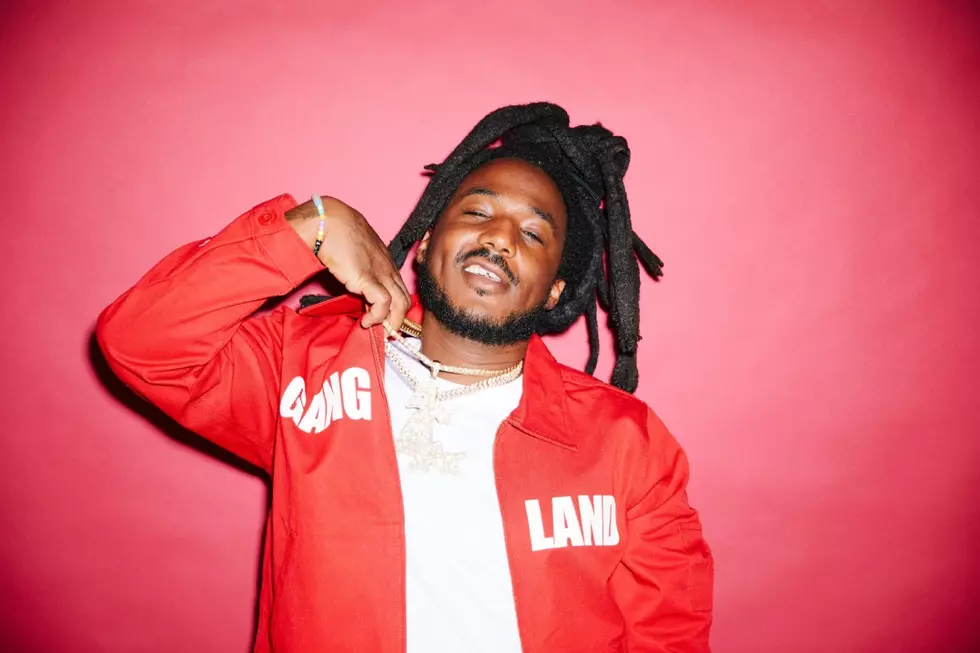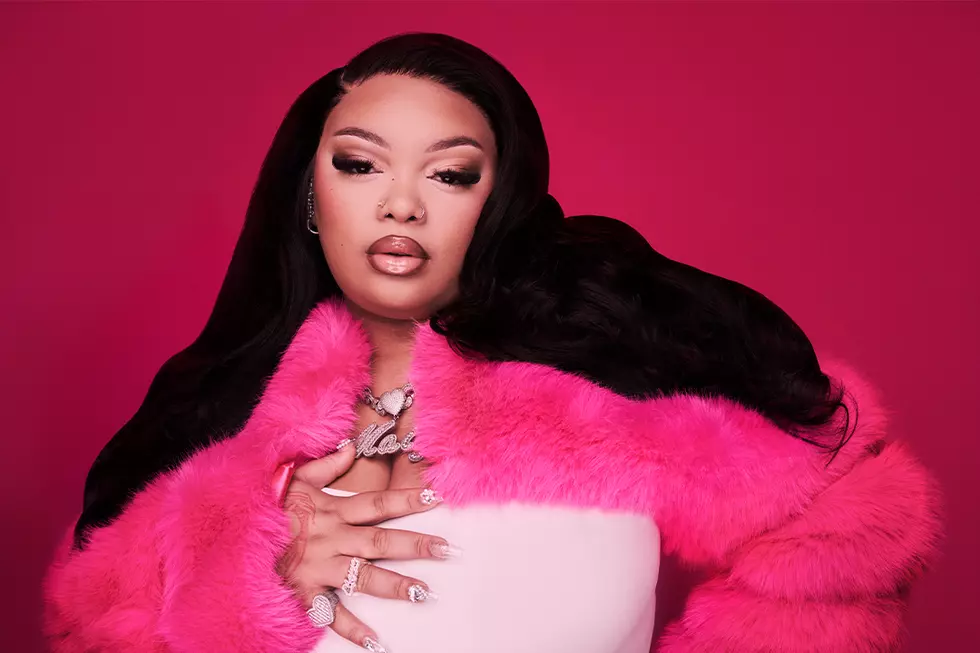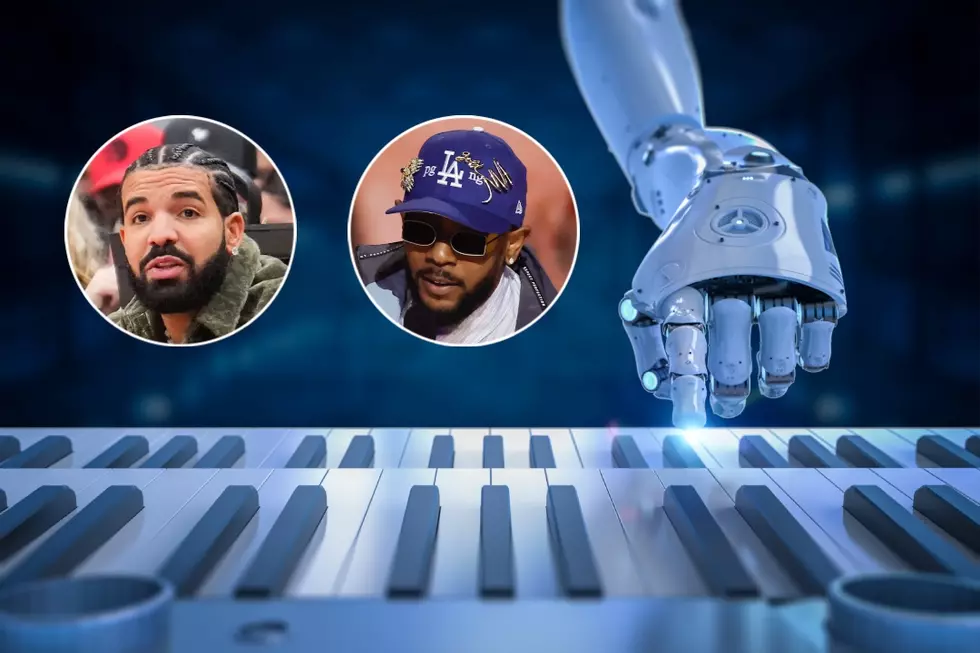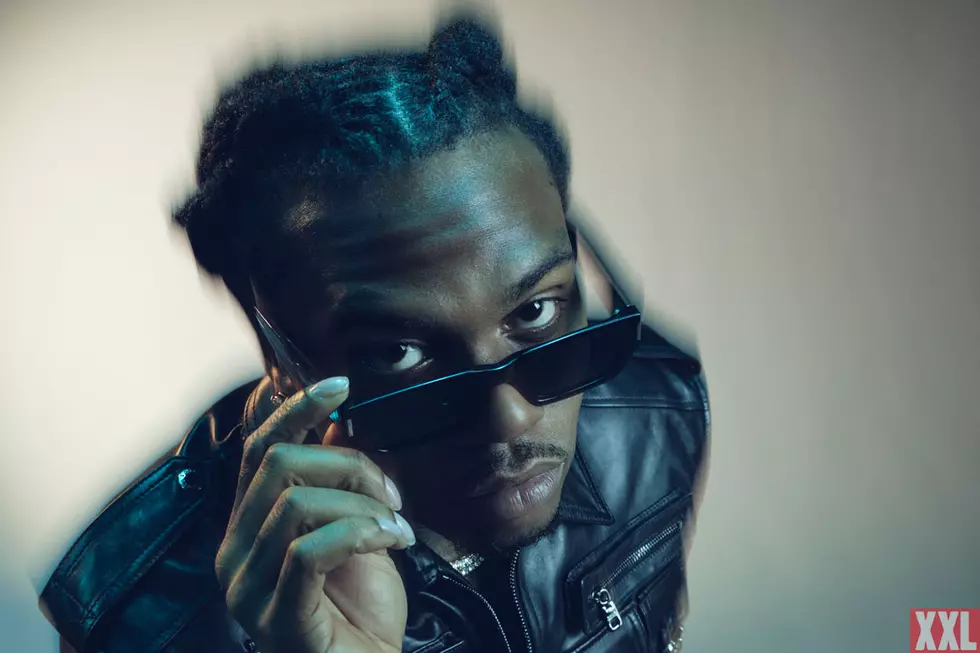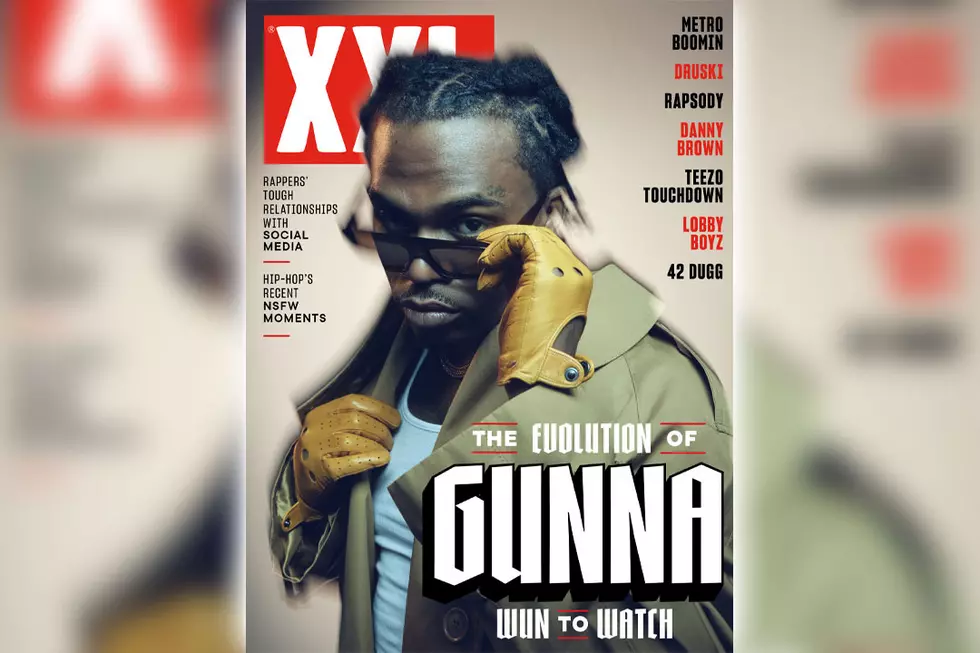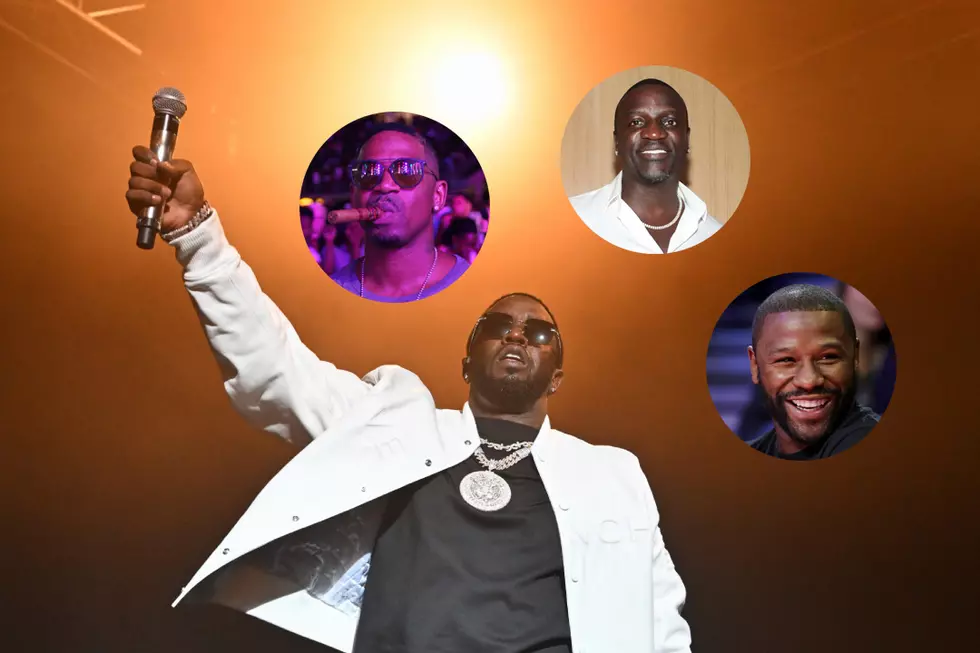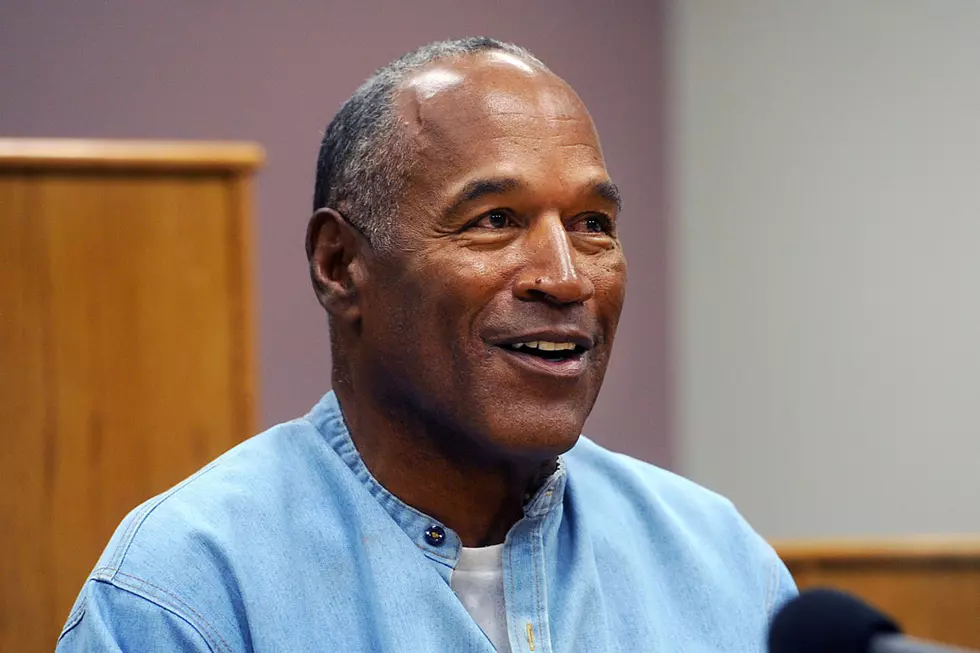New Documentary ’12 O’Clock Boys’ Shines Light On Baltimore’s Dirt Bike Gangs
One of the most brazen and well-known urban dirt bike groups in the U.S. is located in Baltimore, MD, and they go by the name 12 O'Clock Boys. The dirt bike packs gather throughout the inner city of Baltimore—primarily at Druid Hill Park on Sunday afternoons—flooding the streets on loud, swift motorbikes and four-wheelers with a need for high speed through moving traffic. Although riding dirk bikes on the streets of Baltimore City is cautioned by local authorities as dangerous and illegal, it could also be argued that this activity prevents young males from imitating more violent behaviors the city is commonly known for such as shootings and selling drugs.
Through the eyes of a thirteen year old boy named Pug, the new documentary 12 O’Clock Boys reveals the raw truth behind the thrills and tragedies of dirt bikers who are simultaneously glorified by their admirers and vilified by police. Director Lofty Nathan first became aware of the 12 O'Clock Boys while attending the Maryland Institute College of Art (MICA) in Baltimore, in close proximity of surrounding urban communities. While seeking a focal point for a school project, Mr. Nathan’s interest in documenting the group created a deeper passion to connect and explore the world of the 12 O’Clock Boys, leading to a three year journey. “I was drawn to their story because I found it mysterious as well as intimidating," Nathan says. "However, throughout the process, I better understood that it is an outlet for them. It may not be the right way, but it’s their way. When I met Pug I knew immediately that there was something very telling in his character, a young boy whose ultimate goal was to become a 12 O’Clock Boy. Many of the young kids who watch from the sidewalks admire the guys riding those bikes through the streets...but in the sense of safety it comes with a price.”
Pug, who grew up on the Westside of the city in a combative neighborhood, doesn't mind the danger. His pursuit and passion to master the art of dirt bike riding invites all that comes with it, including an injury he suffered while riding. Quite often young African American males who grow up in urban communities without a father or positive male figure in their life subconsciously seek guidance and mentorship elsewhere. In this particular illustration, Pug filled his void through the bonds created with members of the 12 O’Clock Boys, particularly after his older brother dies during the doc's filming.
Baltimore native and Bad Boy rapper King Los used to watch the 12 O’Clock Boys ride through the streets while growing up on the city's Westside. “When I was growing up in the city we used to see them riding up and down streets, and to us as kids, that was exciting, because it wasn’t anything else happening around us," Los says. "I remember being over in East Baltimore and they used come up Preston Street like 30 guys deep in a pack, so when you heard the noise from far away you knew it was them about to come up the hill.”
Los also expressed his thoughts on why riding dirt bikes shouldn’t be viewed in such a negative way. “In Baltimore City, it’s not a whole lot for these kids to do, so if they are involving themselves in something that is nonviolent, why take it away from them?" he says. "If the city didn’t make it so hard for them to do it—meaning giving them somewhere to ride the bikes safely—then it wouldn’t be so difficult. I'd rather see a kid on dirt bike then sticking somebody up or standing on the corner selling drugs.”
There has been much argument as to why the city will not allot an area for the dirt bike riders to converge, and Los sees it as an institutional issue. “Far as the police are concerned, it shouldn’t be a rivalry between the police and the guys on dirt bikes," he says. "I’m not a rider, but I have experienced wrongdoing done to me by the police. I feel it’s, like, a hatred the police in the city have for the black youth.”
Nathan acknowledges the unsafe consequences behind the sport of riding dirt bikes through the streets, but also embraces the concept that there are two sides to a story. “In any analysis of wrongdoing, people need to hear the side of those being prosecuted," he says. "In my opinion, it was more valuable to make a story about these individuals who were doing it. We know how the police and media outlets feel, so I believe it was the right thing to do to give these individuals an opportunity to share their perspective. It does not mean you have to agree with it.”
Los said he is not only a fan, but a supporter of the 12 O’Clock Boys and believes the release of the documentary should be life-changing for the popular dirt bike group. “I hope the 12 O’Clock Boys go worldwide and they get paid," he says. "I support them and wish people take notice that they are talented riders. They should get an opportunity to perform to their tricks beyond the streets of Baltimore. I also hope that at some point I’m able to help carry on their name and help tell their story.” —Kimberly Brown (@kbbrown80)
More From XXL

